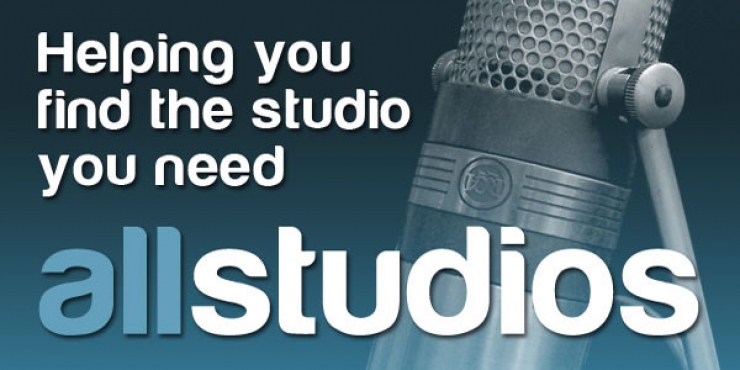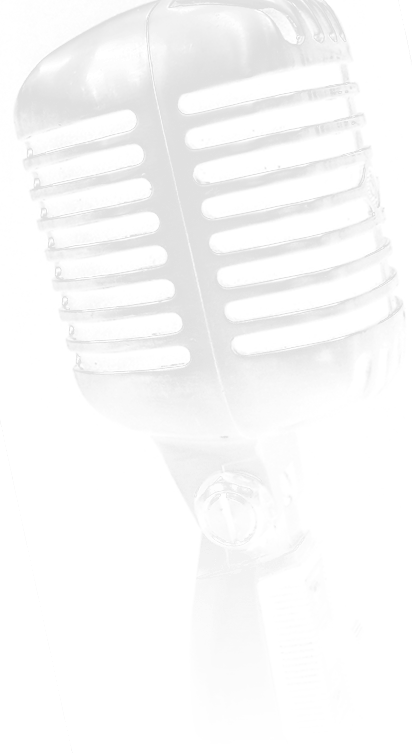
You’ve built the personal studio that you always wanted to and now it’s time to book some sessions. In this excerpt from The Studio Builder’s Handbook by Bobby Owsinski you’ll find a list of questions to ask your client to make that session run smoothly from the time s/he walks in the door.
“When making a booking with a client there are a number of items to discover to be sure that you can accommodate his or her needs.
What kind of session is it? Is it going to be a straight music date? Is it for a movie or television cue? A demo or something more exotic like a television or music video shoot or a live stream over the Internet? This information tells you what kind of gear is needed and approximately how long it will take.
What type of music? The type of music will tell you if you can accommodate the gig. If it’s a thrash metal band and you’re used to doing smooth jazz you might have to worry about your neighbours more than usual. On the other hand if you’re used to doing hip-hop and working with loops you might not have the space or the mics to be able to record a set of drums if someone calls to book a drum recording session.
Who’s the producer (if you’re not already talking to him)? This can tell you a lot of things about the session. Some producers use a lot more time than others so you’ll know to adjust your schedule accordingly in case the session goes longer than planned. Some producers are more demanding than others which will take more time as well. Some producers bring a lot of their own gear and others depend on you to supply everything.
What time does the session begin? Usually when a producer tells you the session is at 2pm (for instance) s/he means that’s when s/he wants everyone to be set up and ready to play at that time. Sometimes you’ll be told something a little more vague like “We’re all getting there at 2pm†or “We want to start around 2.†Does this mean everyone is getting there at 2pm to set up or is it the downbeat time? Make sure it’s clear and ask if the time given is the downbeat time or the load-in time.
How long do you expect the session to run? This will tell you if the client has any unrealistic expectations. If s/he says that s/he wants to track 5 songs but thinks it only should take about an hour now is the time to discuss how practical that estimate really is.
How many songs or cues? Same as above.
Who are the musicians (if any)? It always helps to know if you’re familiar with the players on a date because that can give you an instant comfort factor or raise some red flags. The better and more experienced the musicians the better it will sound and the faster the session will go.
What do you expect of me? Does the client just want to rent the studio or is s/he coming to the studio for your engineering services as well? It makes a big difference in setting your rate.
Any particular instrument(s) amps or effects? Many times the producer or artist has a specific sound in mind and they may know that you have the piece that they’re looking for; a grand piano a Hammond B-3 a vintage amp or even a certain microphone or signal path for instance.
Does the piano need tuning? How much? Determine the price immediately. Don’t wait until the day of the session or even worse when the session is over. Ask about the budget to see if you can accommodate it make a deal if you have to but whatever you do be specific up front about what and when you’ll be paid. This will avoid any potential heartaches later on both sides.
Speaking of rates there are two ways to charge; a by-the-project rate or by-the-hour (the hourly rate is sometimes rounded off to a day or half-day rate). By far the best way is to stay with the hourly rate since by-the-project means that a 5 day session can easily turn into 10 days without any extra compensation for you. If you choose to do a project rate at least put some stipulations on it like a maximum of one mix revision or the project can drag on forever. Also make it clear that there will be a limit on the time that will be given for a “project rateâ€. Tell them they get maximum number of days (you pick the number) and must pay extra if they go over that. Also make it very clear what “pay extra†means.” Read more: http://bobbyowsinski.blogspot.com/2013/04/booking-session-in-your-studio.html#ixzz2RKNis8WK
